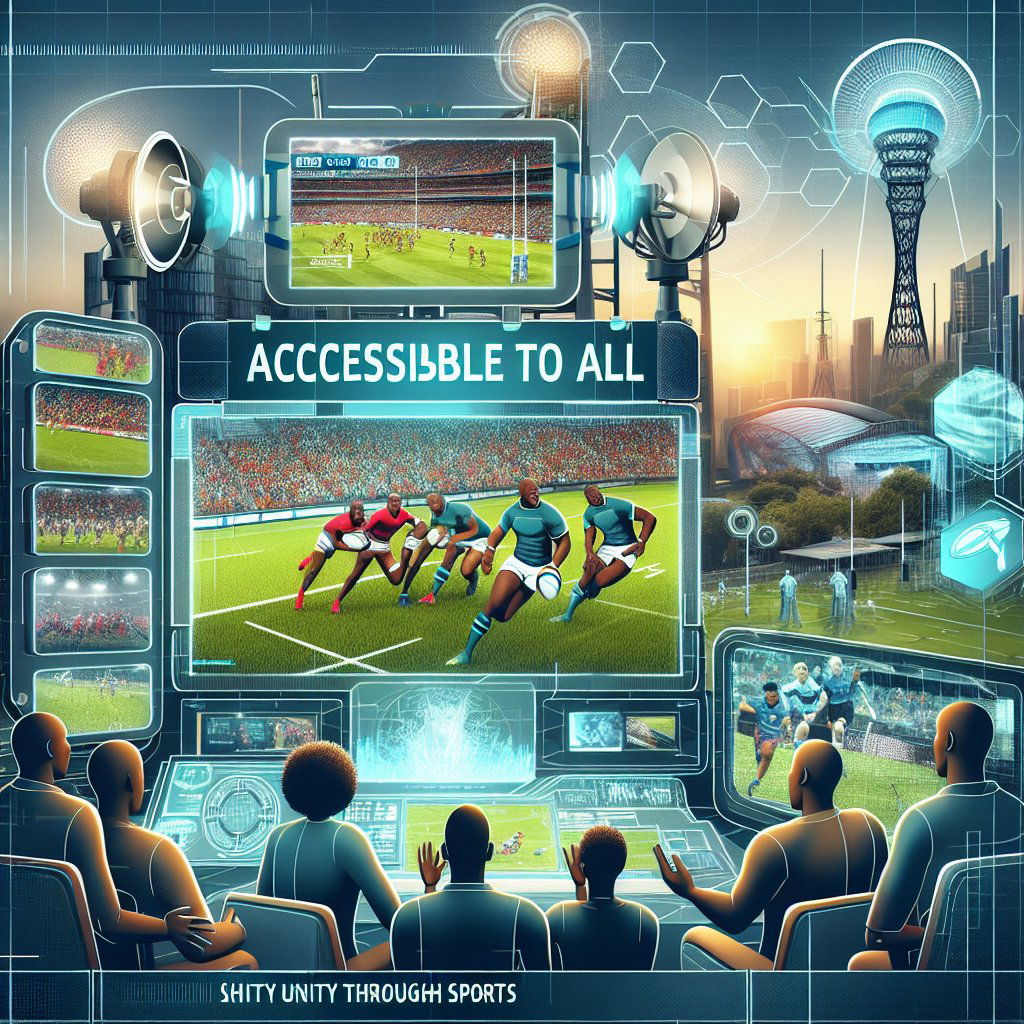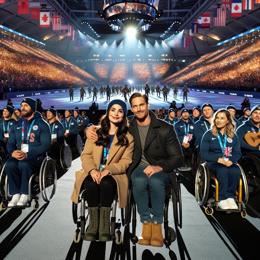Image created by AI
Minister Gayton McKenzie Pledges to Bring Springbok Rugby to SABC
In the wake of the Springboks' gripping 27-20 triumph over Ireland at Loftus Versfeld, Sports, Arts and Culture Minister Gayton McKenzie has made a steadfast commitment to ensuring that the nation's rugby games are broadcast live on the South African Broadcasting Corporation (SABC). This declaration stemmed from McKenzie's emotional response, as he expressed frustration that many South Africans were excluded from experiencing this sporting celebration due to the inaccessibility of the game on free-to-air TV.
The exclusion of a significant portion of the population from watching these games highlights a substantial issue that goes beyond sport and delves into the socio-economic divides within the country. McKenzie's criticism of this inequality is a poignant reminder of how sport can symbolize broader societal challenges. The minister pinpointed the irony in self-identifying as a "pro-poor" country while failing to provide access to a national symbol of unity such as Springbok rugby on a public platform like the SABC.
The Springboks, South Africa's national rugby team, have long been a source of national pride, transcending boundaries and serving as a unifying force in a country still grappling with the legacy of apartheid. However, the high broadcasting rights costs associated with premium sports channels have made it difficult for many citizens to participate in this shared experience, particularly those from underprivileged backgrounds who cannot afford the luxury of pay television.
McKenzie's vocal stance on this issue comes with an emphatic promise of change. His words, "This needs to change, it MUST change. It’s going to change," reflect not just a desire for transformation but an assertion that his tenure will be marked by tangible action.
The minister's concerns mirror public sentiments that emerged earlier during the T20 cricket World Cup when many South Africans were unable to watch the matches due to similar broadcasting issues. Nonetheless, for the cricket final, a temporary agreement allowed the SABC to air the event, showing that solutions are possible when there's a political will and cooperative negotiation.
The objective now is to create a sustainable framework that ensures all future Springbok games are accessible to the entire South African populace regardless of their economic status. This move would democratize access to sports and possibly forge stronger national cohesion.
The promise by Minister McKenzie is likely to spark negotiations between the SABC, sports federations, and rights holders. Clinching an agreement beneficial to all stakeholders, especially the general public, will be a testament to the effectiveness of the government in prioritizing public interest in the realm of sports and entertainment.
McKenzie's efforts could set a precedent for how sports broadcasting rights are handled in South Africa and potentially in other similar economies. It raises the question of how to balance the profitability of sports broadcasting with access for all citizens, an ethical and economic dilemma that is not unique to South Africa.
As the nation continues to rally behind the Springboks, the call for inclusivity in sports viewership reflects a deeper yearning for equality and shared experiences regardless of one's socio-economic status. The resolution of this issue will not only allow all South Africans to celebrate their national teams' accomplishments but also reinforce the power of sport as a vehicle for unity and social change.










